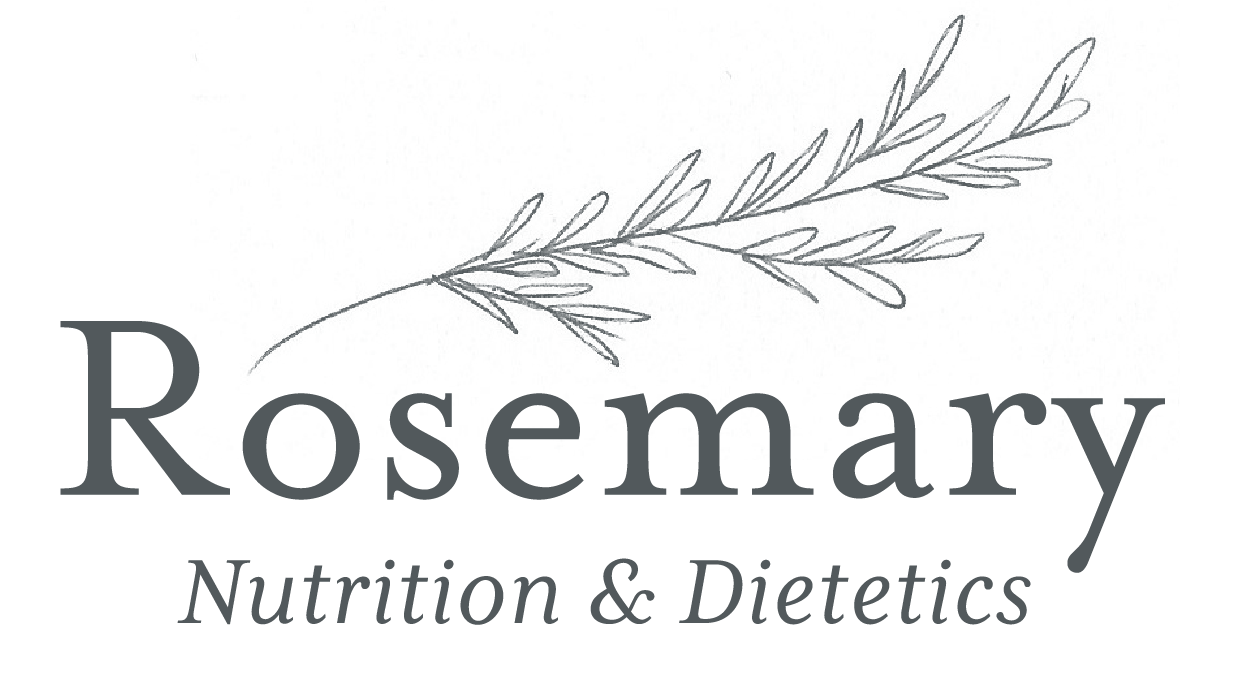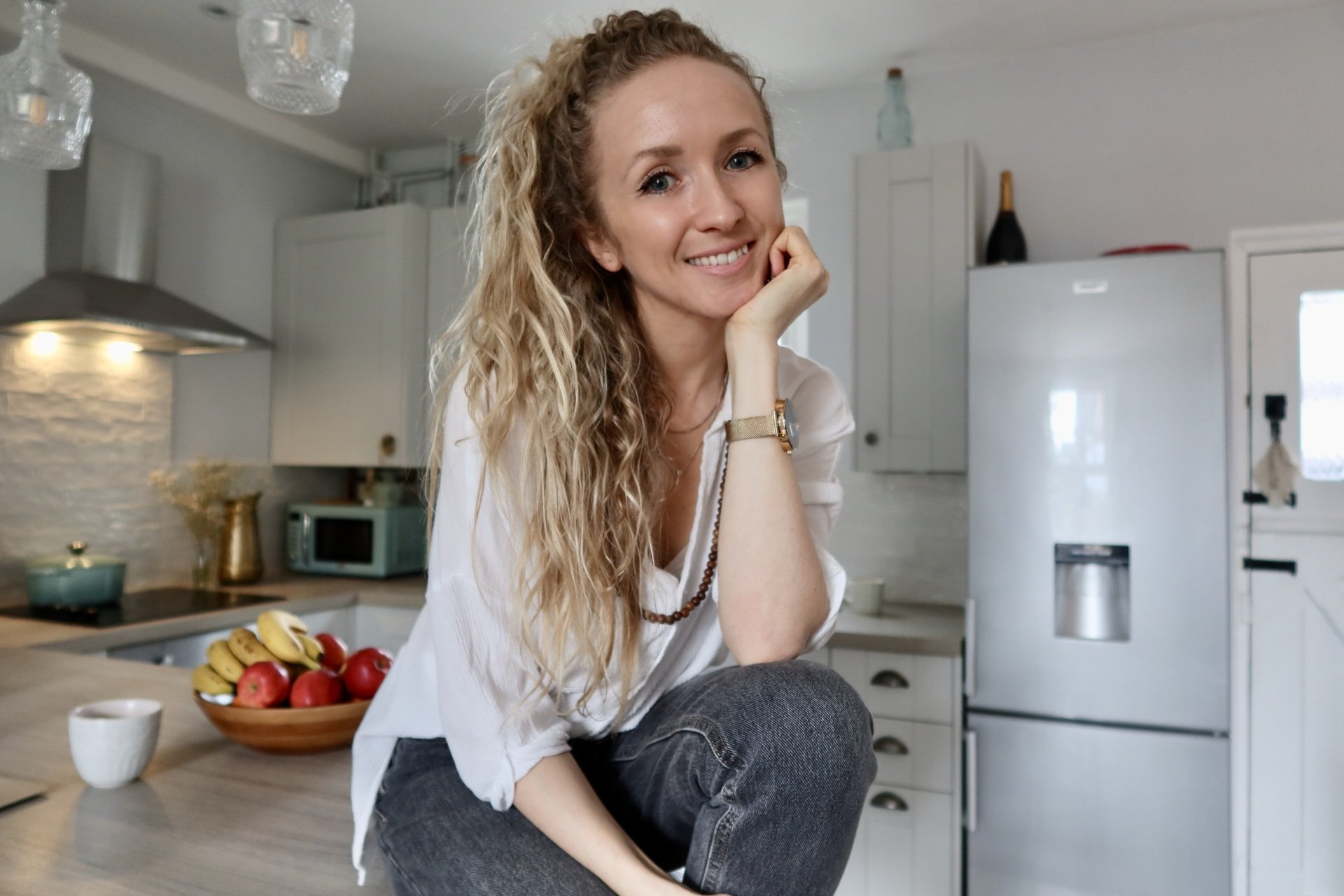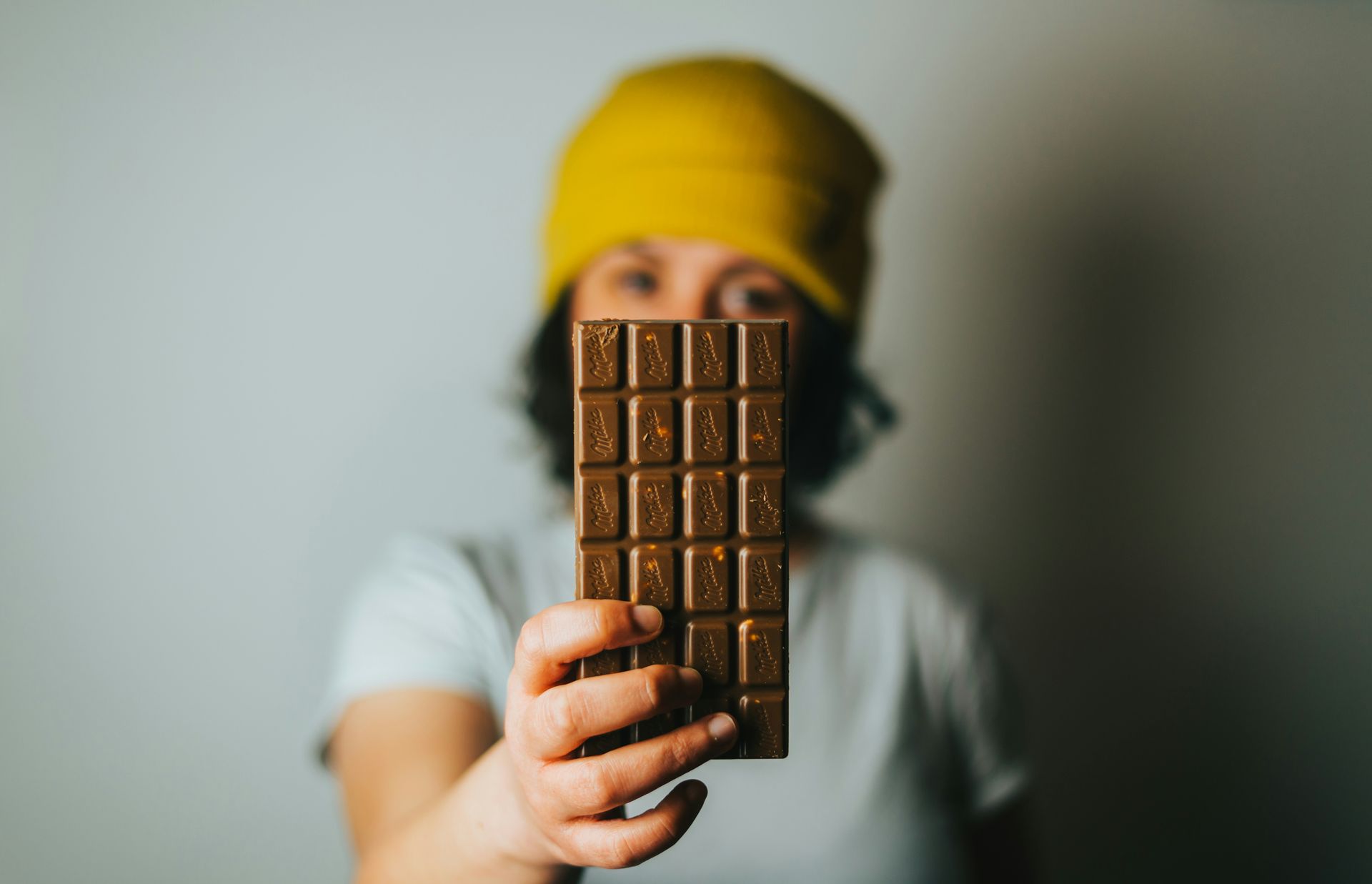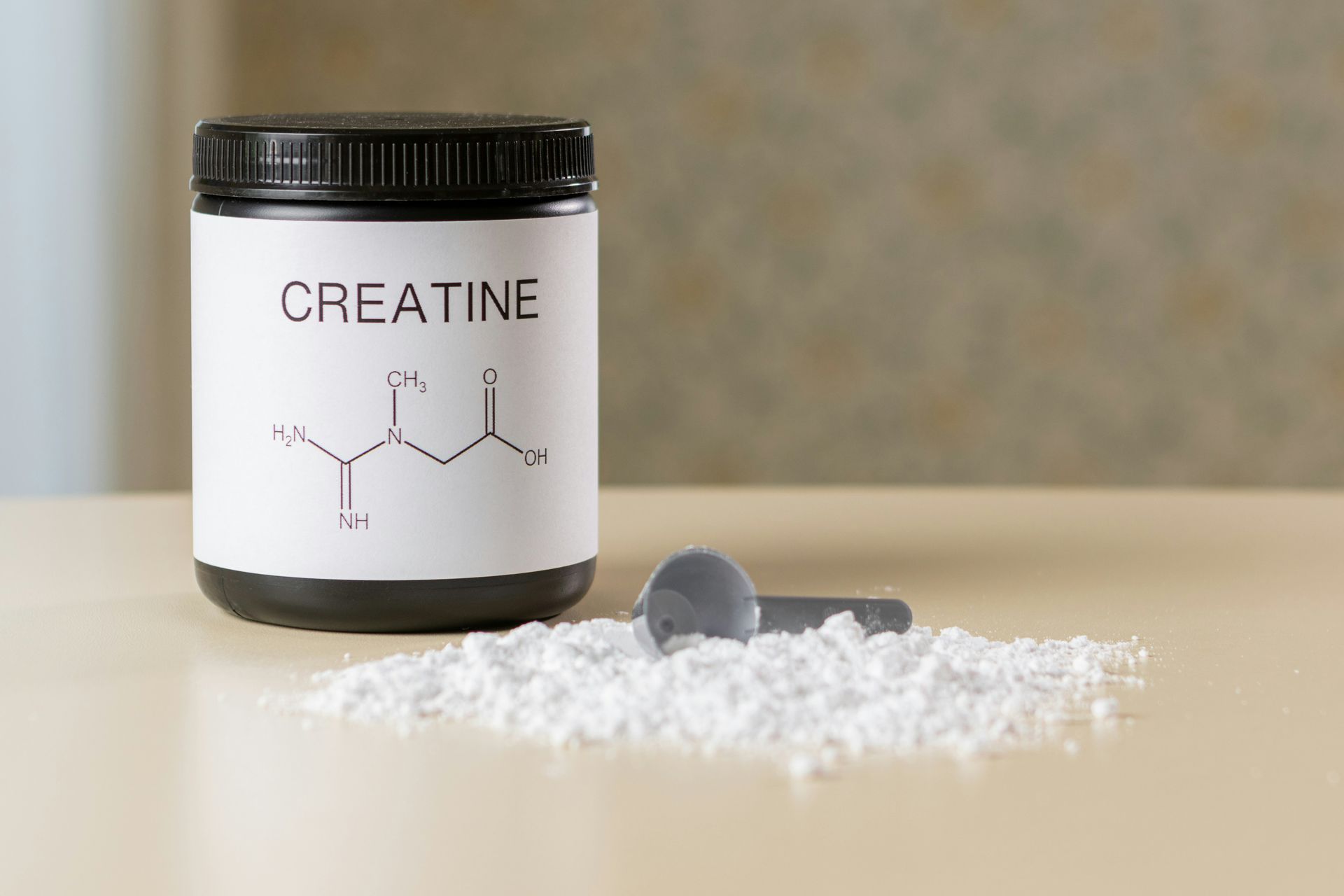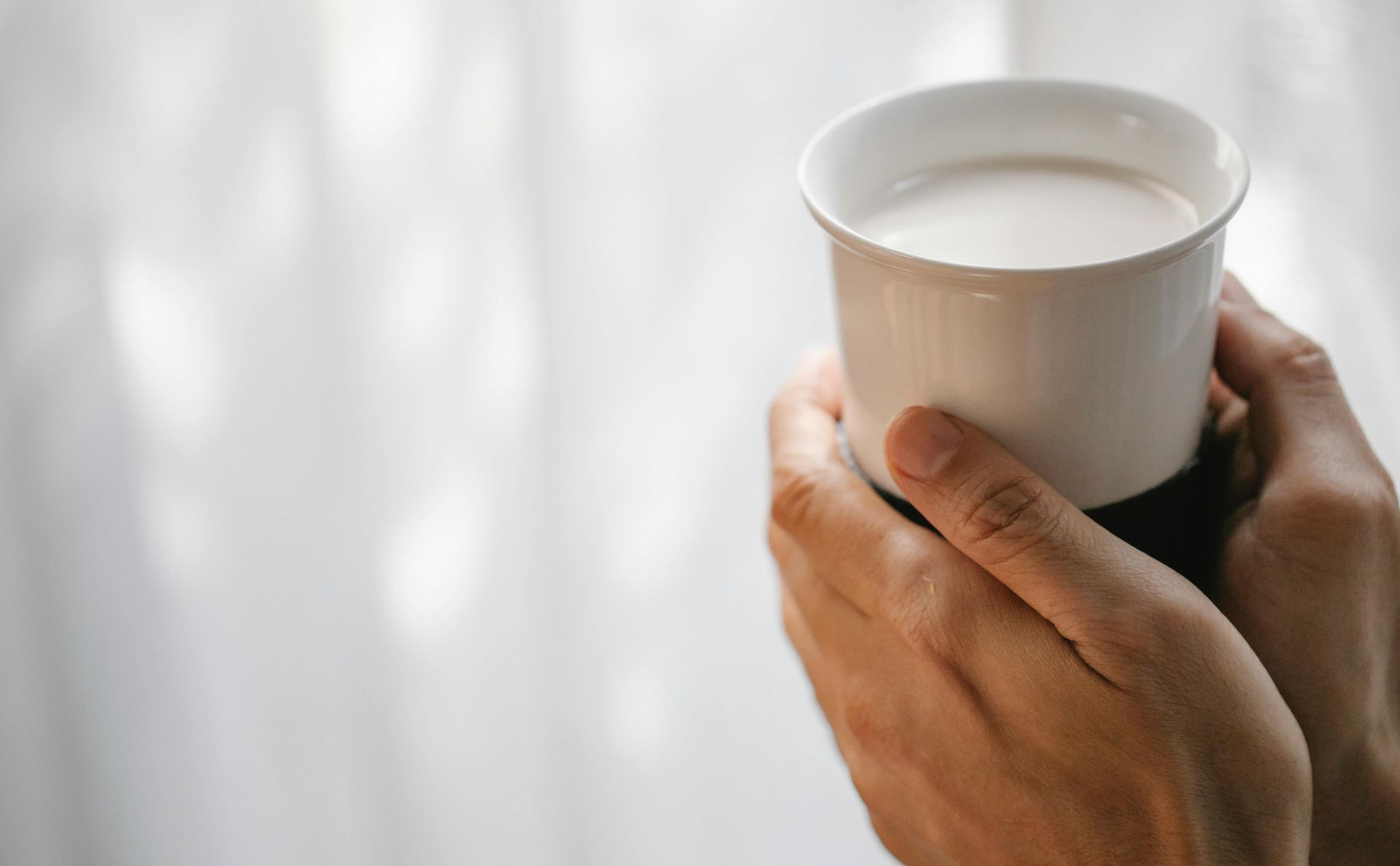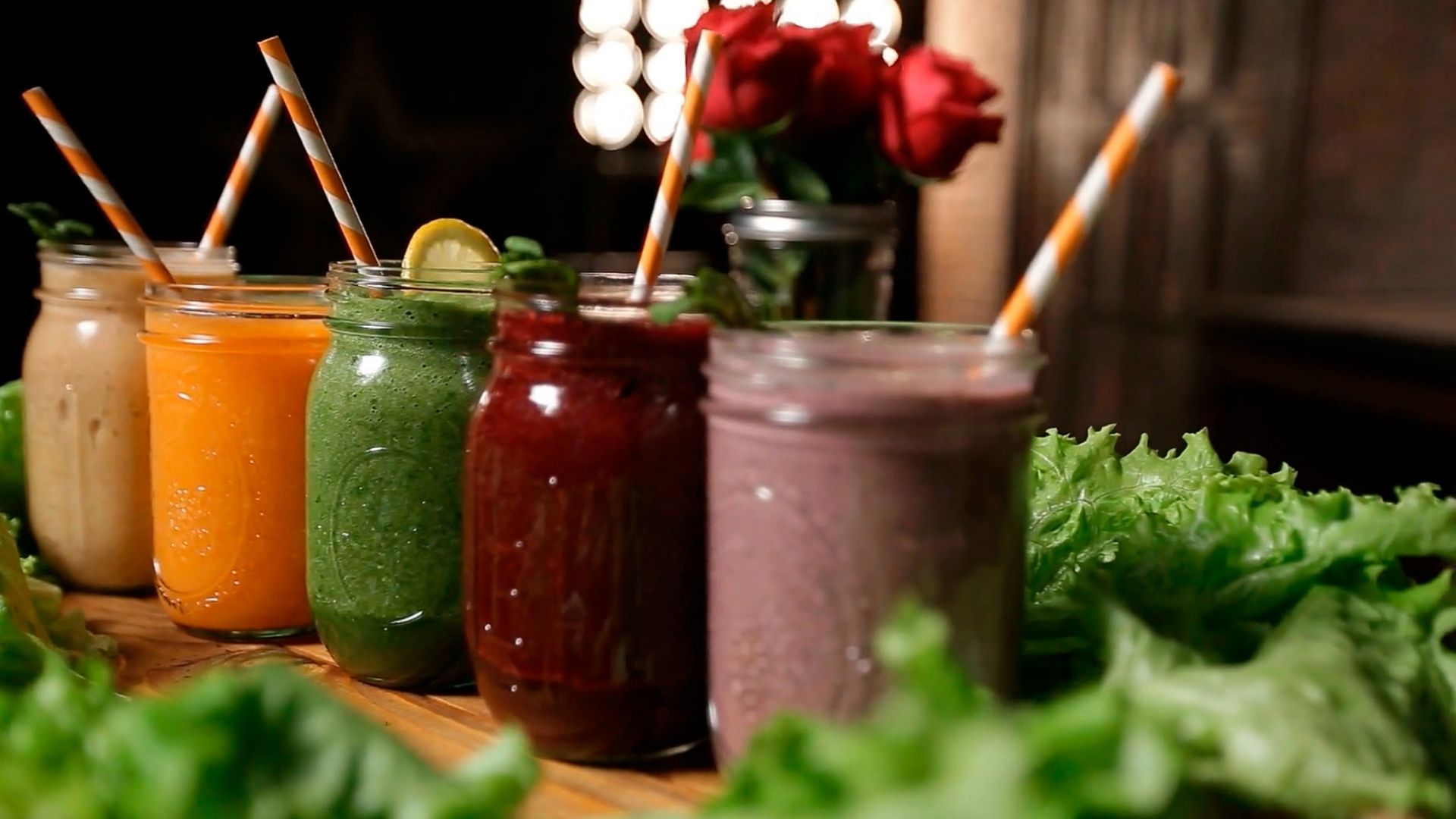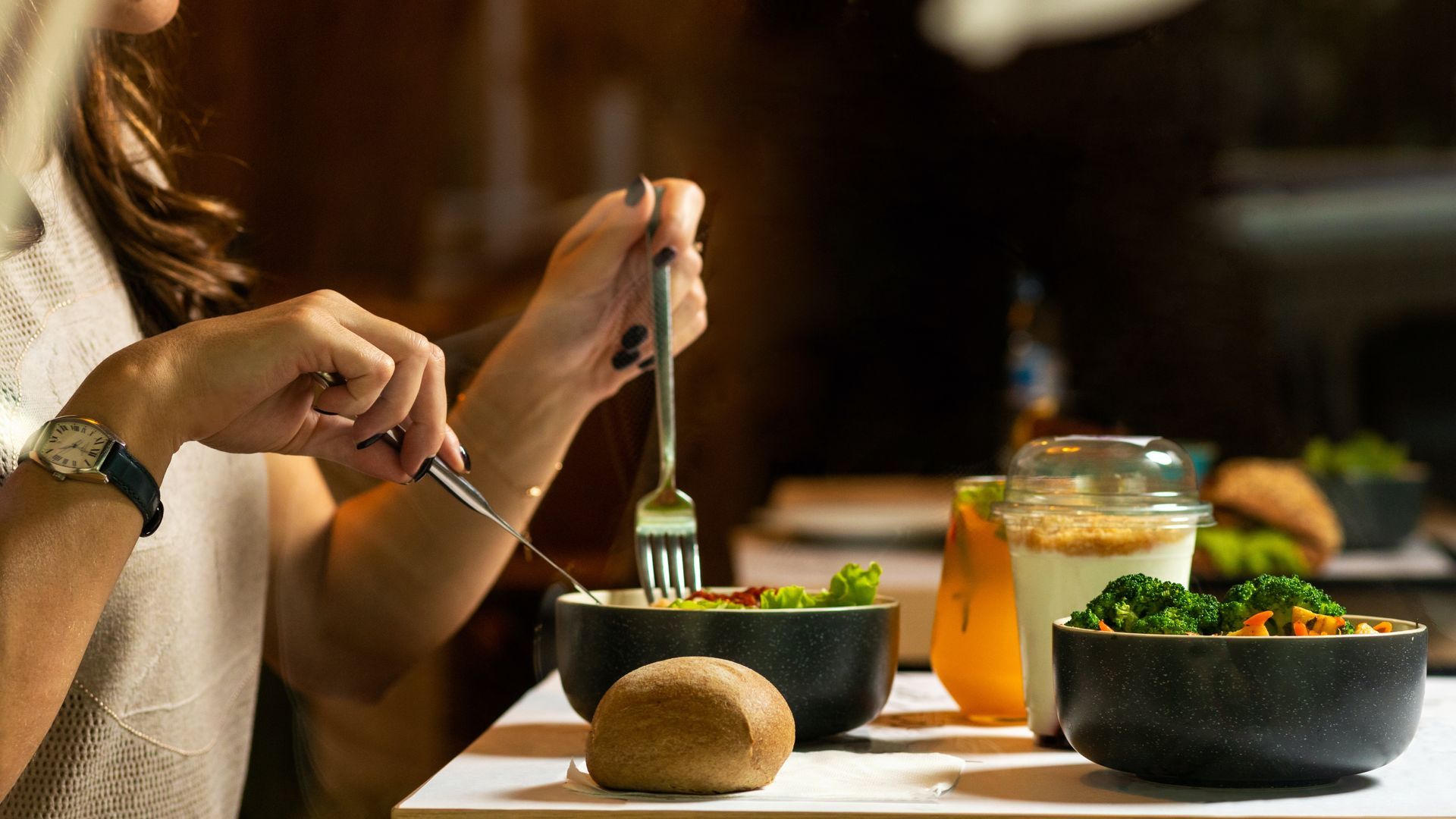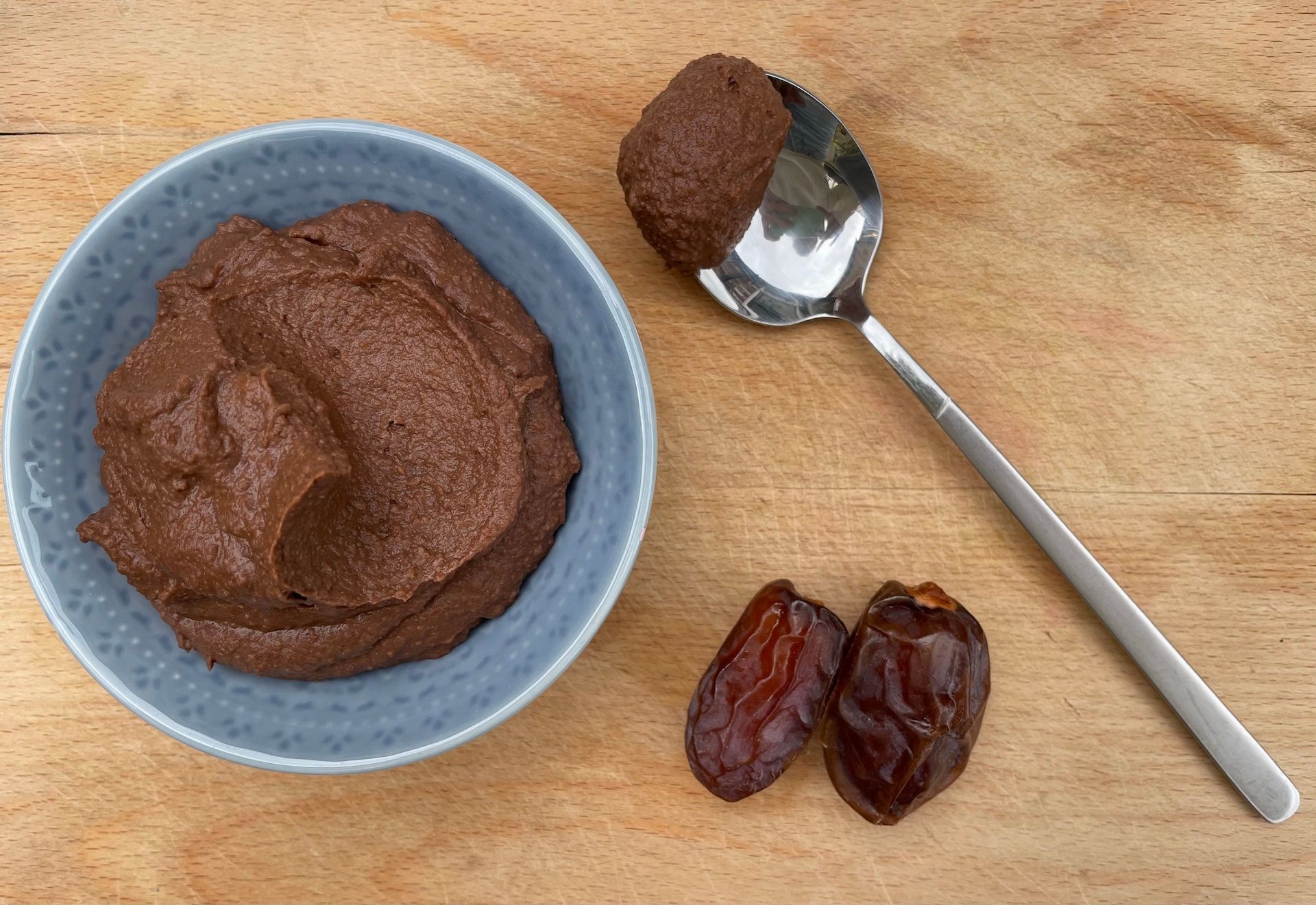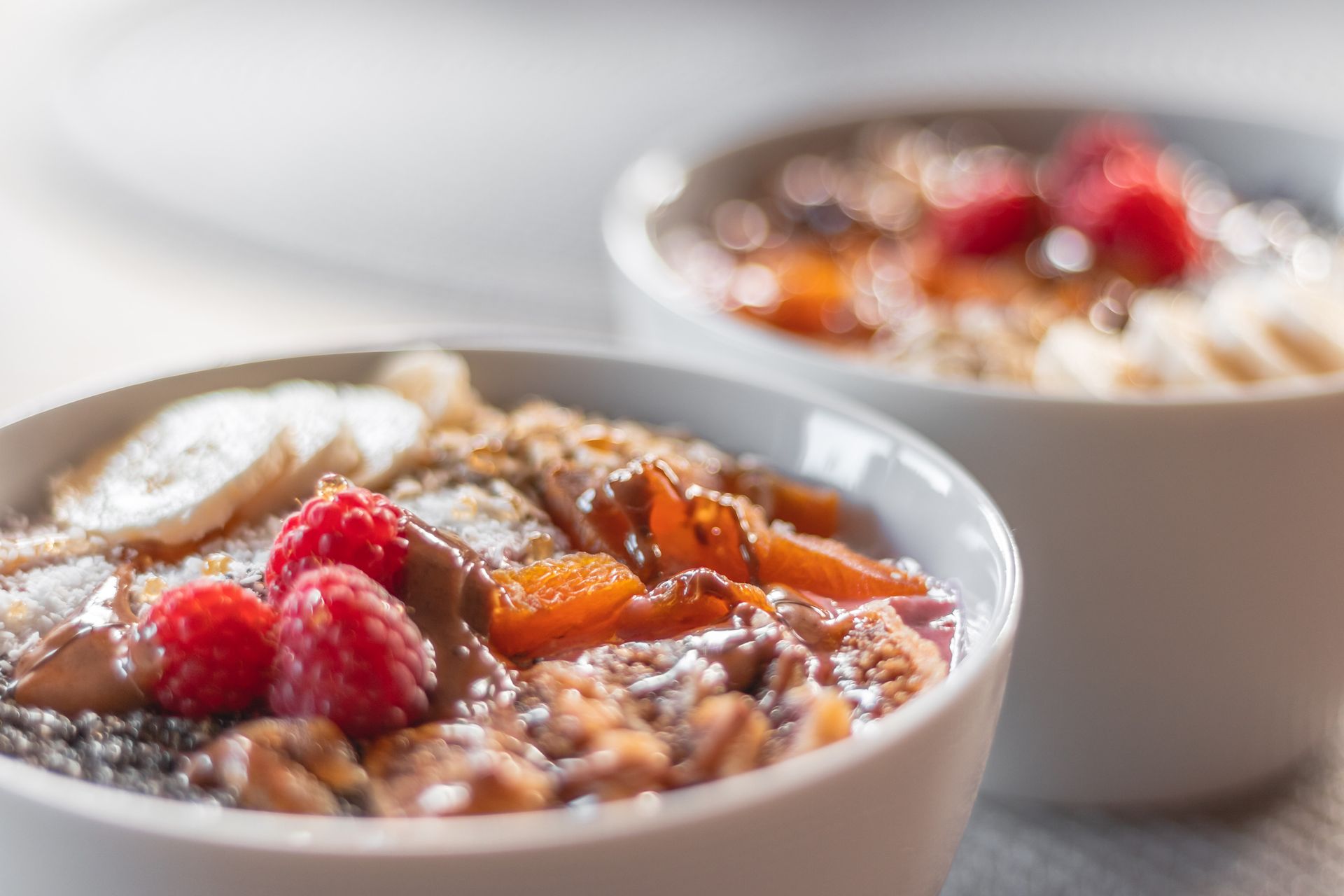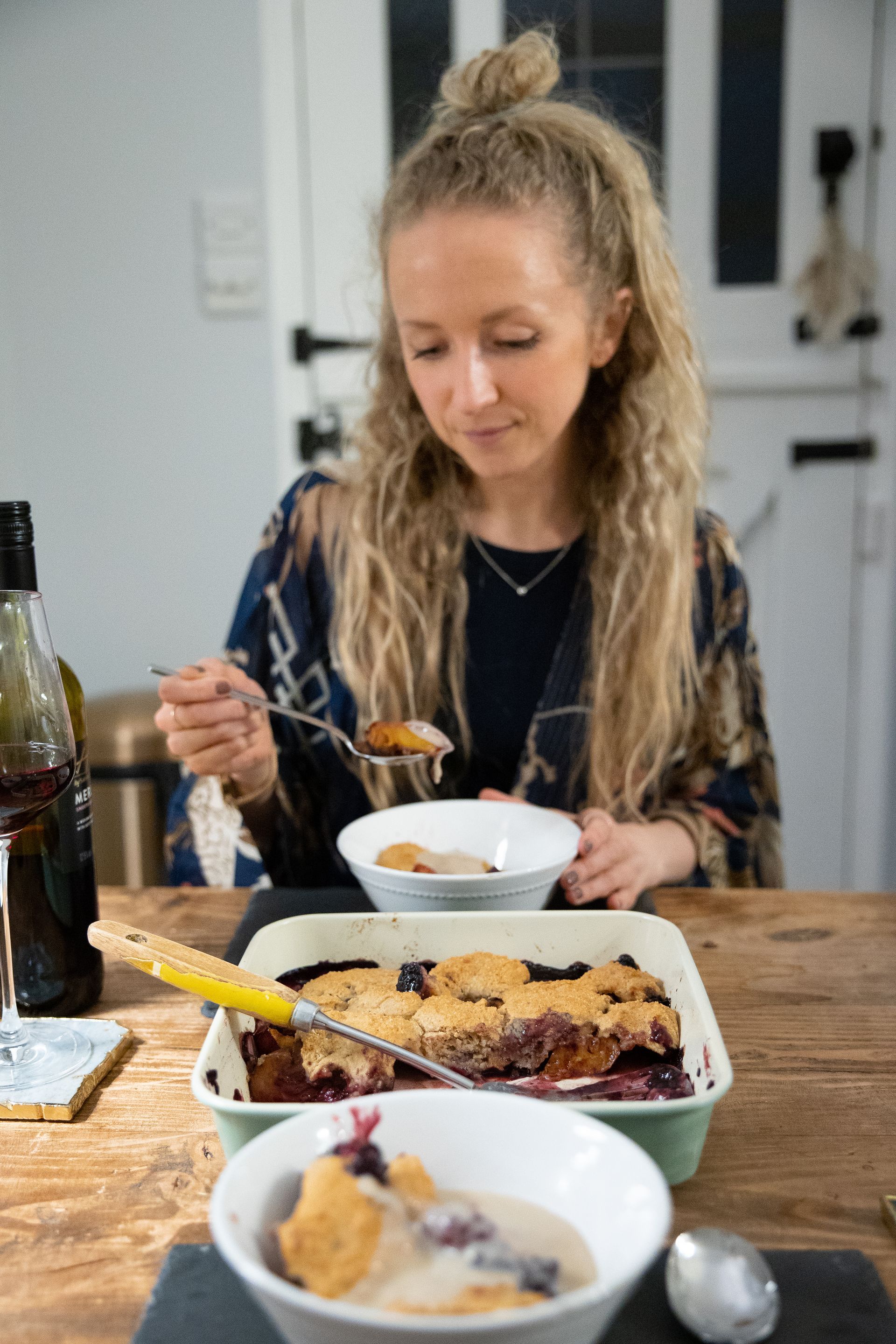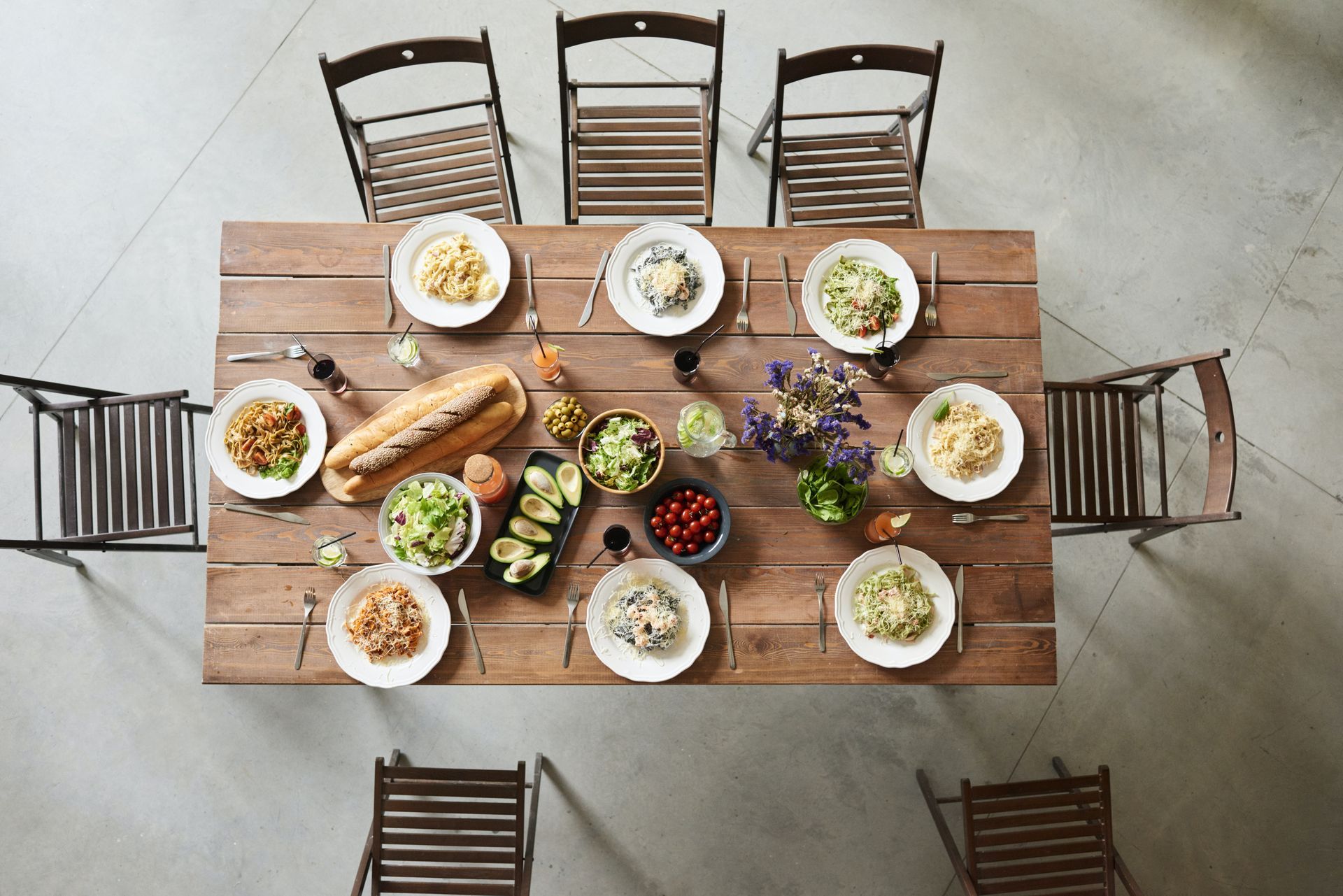Say Hello
Join our newsletter
Join our newsletter
IBS on a Vegan Diet
What is IBS?
Irritable bowel syndrome (IBS) is a common gastrointestinal disorder that may impact up to 20% of people in the UK, including many of my clients who come to me looking for help1. IBS can cause challenging symptoms; abdominal pain, bloating, wind, constipation and diarrhoea are all common and typical daily occurrences.
The mechanisms behind IBS are not fully understood, but the condition has been categorized as a disorder of gut-brain interaction, meaning that the continuous signals that move between the gut and brain are not working properly. There are many potential reasons for this, for example it may be related to a disruption in the messages travelling via the vagus nerve, also known as the ‘gut-brain axis’, the direct line of communication (or the super-highway!) between the two organs. The types and quantities of bacteria living in the large intestine are known to interact with the brain and therefore also have a part to play. In addition, there are elements of lifestyle, genetics, psychological health and dietary pattern that appear to be involved2.
Leaving your doctor’s surgery with a diagnosis of IBS can be a frustrating experience; although you might have finally been given a diagnosis, you may not have been provided with a plan to manage or treat the often debilitating symptoms you are experiencing. Symptoms can impact on your ability to be social, to travel, to exercise, to enjoy your food or to wear the clothes you want to wear. But, thankfully, there are some things that you can do to manage your IBS symptoms.
If you struggle with bowel symptoms and have not had any investigations, it is important to speak with your doctor; they may wish to carry out a blood test and a stool sample to rule out any other underlying conditions, such as coeliac disease or inflammatory bowel disease; both of these conditions will have very different treatment pathways3.
IBS on a Vegan Diet
A vegan diet that is predominantly plant-based diet is a wonderful way to feed your healthy gut bacteria and improve gut health and bowel function. However, for those with IBS, this can be tricky. This is because a plant-based diet is naturally high in fibre, as well as specific fermentable carbohydrates that can increase gas production and alter movement of water through the bowel. Before starting on any restrictive and potentially harmful dietary plan that removes large groups of foods, I advise the following which, for many people, is enough to significantly reduce their gut symptoms4:
1. Increase fibre gradually
When you fully recognise the power of dietary fibre to improve your health, it can be easy to dive straight into having large amounts of fibre from plant foods. You may be loving your new routine of fruit smoothies, lentil dahls, and bean burgers with extra veg, but in the short-term, your gut may not. Your gut requires training to deal with the extra fibre, and so increasing it gradually over a few weeks is a great way to do this. You could start by adding extra portions of fruit and veggies to each meal, then consider moving away from white carbohydrates and increasing wholegrains on your plate. Finally, you could increase the beans and lentils in your diet, building up from a couple of times a week, to every other day, and then every day.
2. Aim for meals at regular times each day
Your gut works on an intricate rhythm of interacting signals and hormones, much like how your circadian rhythm supports your wake-sleep cycle over 24 hours. Your gut likes to know when food is coming, so it knows when to feel hungry and when it will be fed. Aiming for three meals at regular times each day, not skipping meals and not eating too late at night will support the proper function of your bowel.
3. Watch your fluid intake
If you drink caffeinated drinks like tea and coffee, aim for no more than 2-3 mugs per day before switching to decaffeinated alternatives. If you drink alcohol or fizzy drinks, make a note of how this impacts your symptoms and remove or minimise. At the same time, keep your fluids up! Aim for predominantly water to stay hydrated through the day, particularly if your fibre intake is increasing.
4. Cook from scratch
When you buy ready-made foods, they usually come with a variety of additional substances that promote shelf life, texture, consistency and colour. Some of these substances you may recognise, like sugar and salt, some you may not, like maltodextrin or carrageenan. These additives can interact with the bacteria in your gut and promote a less-favourable microbiome. To avoid these, aim to cook your foods from fresh whenever you can. Not only will you avoid the additives, but you may also be reducing added fat that can impact on gut function, as well as upping your dietary fibre and micronutrients. It's a win all round.
5. Soak, rinse and cook your beans well
If you have found that beans and lentils are a particular issue for you, just ensuring you soak, rinse and cook them well may be enough to reduce your symptoms. This is because many of the fermentable carbohydrates found in beans leach out into water, which can be washed down the drain, leading to a happier tum. Canned beans and lentils are pre-soaked and cooked, so just ensure you rinse them well before adding to your stew, hummus, or salad.
6. Eat mindfully and chew well
Digestion starts in your mouth. Your saliva contains enzymes that begin breaking foods down. If you eat fast, you can cause issues for your bowel before you even swallow. Eat mindfully, slowly, and chew your food well to start the early digestive processes that may reduce your symptoms.
7. Move your body
Exercise helps with most aspects of your health, and IBS is no exception. Movement such as gentle jogging, yoga, or just some simple stretches will support the physical digestive process and help dislodge any trapped wind that may be causing discomfort. At the same time, it will also help you to feel better in your mind which, as we already know, has a big influence on how your bowel functions.
8. Do activities that bring you joy or promote calm
Much like exercise, taking part in activities you enjoy can have a significant impact on the gut. Relaxing with a book, stroking your dog or cat, taking a bath, or a sitting down for a short meditation can all stimulate your parasympathetic nervous system (known as the 'rest and digest' state), promoting muscle relaxation, even within your bowel. Prioritise a little ‘you’ time each day to maximise this effect.
If you follow all the advice above, and still struggle with your IBS symptoms, a consultation with an IBS specialist dietitian should be the next course of action. A dietitian will explore your individual diet and lifestyle and provide appropriate further recommendations for you. There are specific exclusion diets, such as the low FODMAP diet that may be considered, but it is important to get support; a low FODMAP diet is not suitable for everyone, and should be completed in a specific way to achieve the best results.
Can diet cure my IBS?
For many people living with IBS, dietary changes can make a huge and tangible difference to their symptoms and quality of life. It is important to recognise that diet alone cannot ‘cure’ IBS, due to the complexity of the condition, but I hope these tips will help you move forward with a happier gut. If not, get in touch!
Free 60 Minute Live Masterclass
The 3 Secrets to Banish Cravings and Lose Weight on a Plant-Based Diet
With Expert UK Dietitian Rosie Martin
May 14th - 11am and 8pm
Rosie is a plant-based registered dietitian, founder of Rosemary Nutrition & Dietetics, and works both in the NHS and as a freelance dietitian.
You can contact her with any queries via Rosemary Nutrition & Dietetics on rosie@rosemarynutrition.co.uk or follow her on Instagram at @plantdietitianrosie
References
- https://www.bjmp.org/content/irritable-bowel-syndrome-primary-care-physicians
- https://www.thelancet.com/journals/lancet/article/PIIS0140-6736(20)31548-8/fulltext
- https://gut.bmj.com/content/70/7/1214
- https://www.nice.org.uk/guidance/cg61/chapter/1-Recommendations
